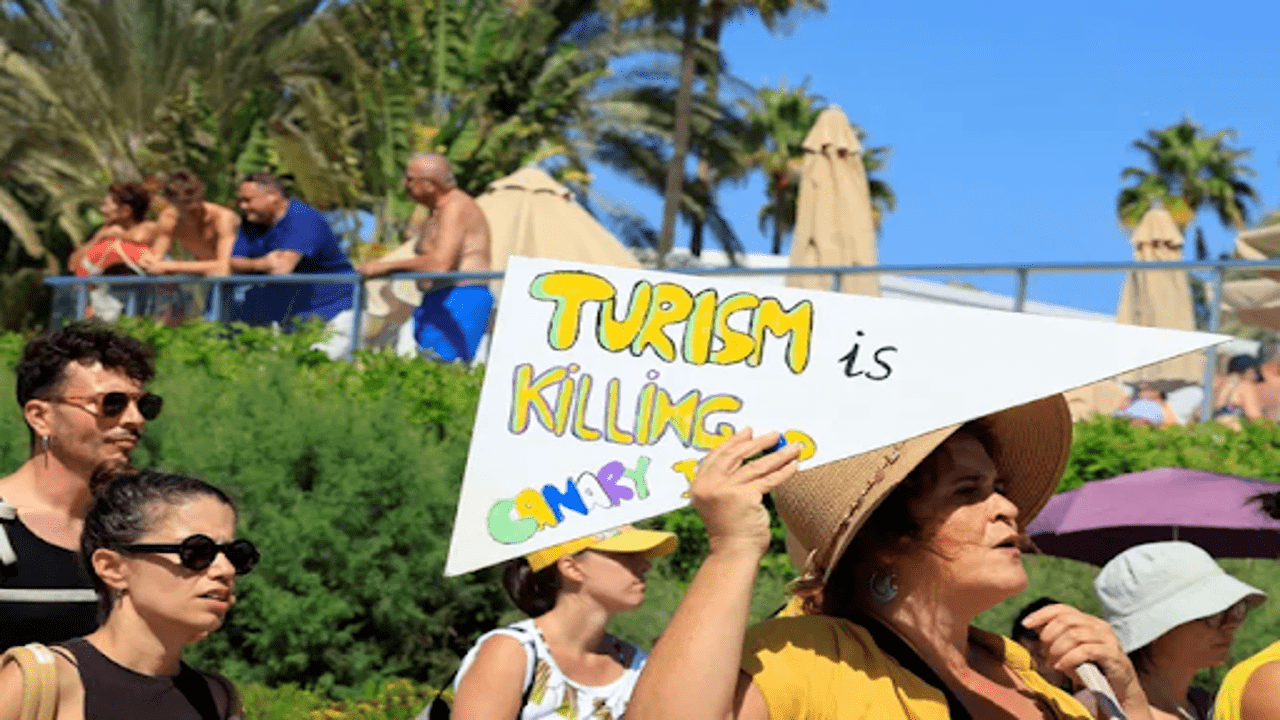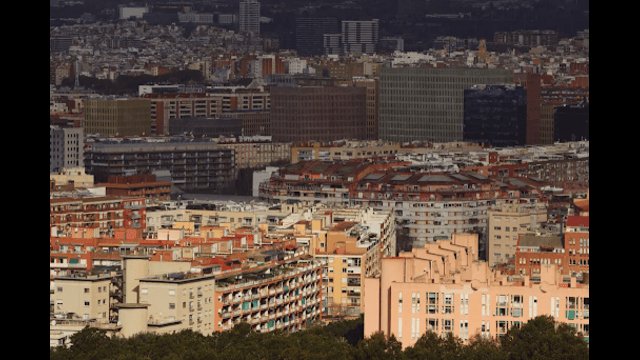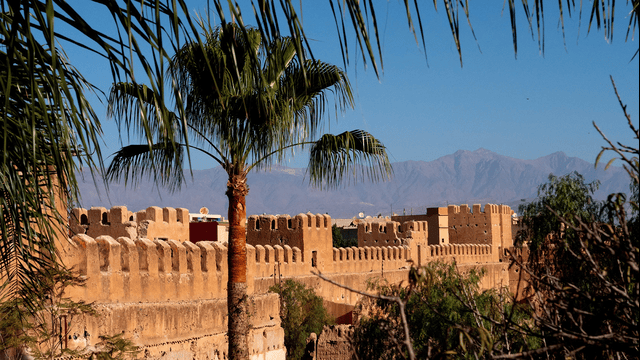
A woman holds up a sign at a rally in Gran Canaria, Spain, on October 20, 2024, calling for changes to the tourism model in the Canary Islands. Reuters
Thousands of residents took to the streets across Spain's Canary Islands on Sunday to voice their concerns about the impact of over-tourism. Under the slogan "Canary Islands has a limit," people gathered in popular holiday destinations such as Gran Canaria, Tenerife, La Palma, Fuerteventura, Lanzarote, and El Hierro to demand a change in the tourism model that they believe is harming local communities.
In Tenerife's Playa de las Americas, demonstrators gathered on the beach, where tourists were sunbathing. Holding up signs and chanting "This beach is ours," the protesters emphasized their connection to the land and the need to protect it. Activists highlighted the strain that millions of annual visitors place on the islands' limited natural resources, particularly water, and expressed concerns about environmental damage. According to the Spanish government, at least 8,000 people participated in the demonstrations.
The influx of tourists has been significant. Between January and September of this year, nearly 9.9 million visitors travelled to the Canary Islands, marking a 10.3% increase from the same period in 2023. This is notable considering the islands have a resident population of approximately 2.2 million. "We need a change in the tourist model so it leaves richness here, a change so it values what this land has because it is beautiful," said 32-year-old Sara Lopez during the Gran Canaria protest.
Spain, which heavily relies on tourism, has witnessed a wave of protests against the negative effects of over-tourism in various regions this year, including in major cities like Barcelona, Mallorca, and Malaga. Residents are increasingly frustrated with how tourism affects their daily lives and the local economy.
In response to rising concerns, the Canary Islands regional government is working on a new law aimed at tightening regulations on short-term rentals. The proposed legislation is expected to be passed soon and is designed to address complaints from locals who feel priced out of the housing market. Under the new rules, newly constructed properties will not be allowed to enter the short-let market, and property owners already holding permits will have five years to meet new requirements. These changes will include giving neighbours the right to object to these permits, aiming to foster a more community-focused approach to tourism.
The surge in private rentals in the region has drawn attention and frustration from local residents. Many argue that short-term rentals drive up housing costs, making it increasingly difficult for locals to find affordable accommodation. This sentiment was echoed in Valencia, where hundreds of protesters also demonstrated for more affordable housing, blaming tourist apartments for inflating prices.
As the Canary Islands grapple with the balance between tourism and local needs, it remains clear that the voices of residents are becoming louder in calls for change. They are advocating for a tourism model that benefits the islands and its inhabitants while preserving the natural beauty that attracts visitors in the first place.















